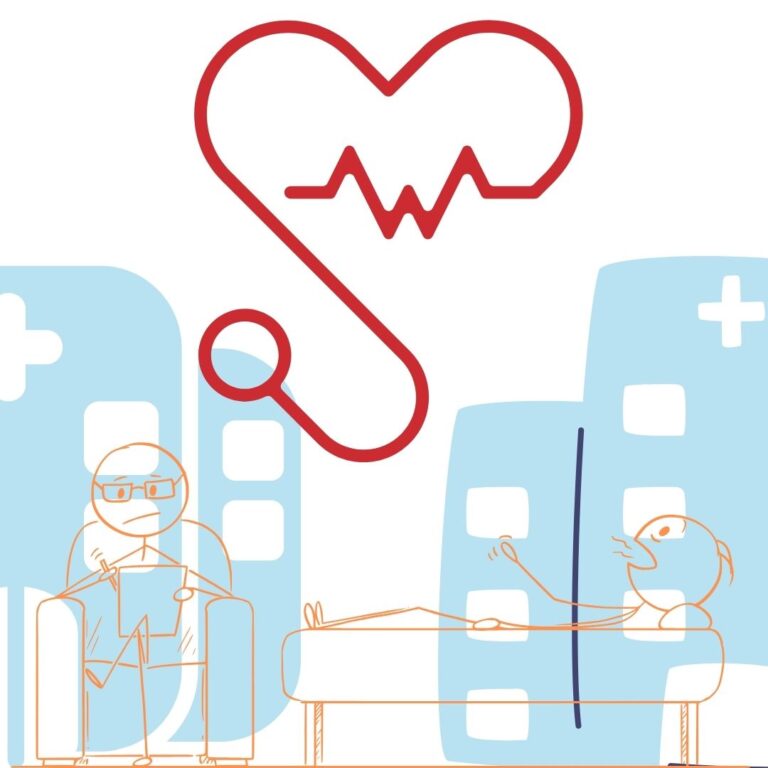What Happens When Your Body is in Too Much Pain? Understanding the Consequences of Pain Overload
Pain is a natural part of the body’s response to injury or illness, but what happens when pain becomes overwhelming, persistent, and unmanageable? When your body is in too much pain, it can have far-reaching effects on both your physical health and your mental well-being. In this article, we’ll explore what happens to the body when it is overloaded with pain, how chronic pain impacts the brain, and why managing pain is crucial for overall health.
How Pain Overload Affects Your Nervous System
The human nervous system is responsible for detecting and processing pain signals, but when the body experiences too much pain, it begins to react in unexpected ways. Initially, pain serves as a protective mechanism, alerting the body to injury or danger. However, when pain becomes chronic or excessive, it starts to reprogram the nervous system, leading to heightened sensitivity.
The Role of the Central Nervous System
The central nervous system (CNS)—comprising the brain and spinal cord—plays a central role in pain perception. When pain becomes overwhelming, the CNS may enter a state known as central sensitization, where the brain’s pain-processing mechanisms become more sensitive and amplify pain signals. This means that even normal stimuli that wouldn’t normally cause pain may become perceived as intensely painful.
Chronic Pain and Brain Function
In severe pain overload situations, regions of the brain that are responsible for emotions and processing stress, like the amygdala and prefrontal cortex, can be activated. As pain persists, the brain begins to undergo structural changes that can further affect its function, potentially leading to cognitive decline or impaired memory and focus. Over time, this can lead to a cycle of pain, stress, and emotional disturbance, making it harder to break free from the cycle.
The Psychological and Emotional Toll of Overwhelming Pain
While the physical effects of chronic pain are well known, its psychological impact is just as profound. When pain becomes unmanageable, it can lead to a cascade of mental health issues, such as depression, anxiety, and sleep disturbances. The constant presence of pain affects the body’s ability to relax, regenerate, and restore itself, further exacerbating the emotional toll.
Pain and Stress: The Vicious Cycle
Pain often leads to stress, which in turn heightens the perception of pain. This feedback loop becomes difficult to break, as heightened stress can lead to muscle tension, poor posture, and even inflammation, which all increase pain levels. In addition, the chronic stress associated with unmanaged pain can lead to hormonal imbalances, affecting the immune system and the body’s natural pain-relief mechanisms.
Social Isolation and Mental Health Strain
Living with constant pain can lead to social isolation. Individuals suffering from severe pain may avoid social interactions, find it hard to engage in regular activities, and struggle with a loss of identity. This emotional toll can result in depression, anxiety disorders, and a sense of hopelessness, making pain management even more complex.
What Happens When Pain Becomes Too Much?
When the body experiences pain overload, it is no longer able to maintain a healthy balance. The system becomes “stuck” in a heightened pain state, which can lead to the following consequences:
- Reduced Mobility: As the pain increases, movement becomes limited, which can lead to muscle atrophy and a decrease in overall strength.
- Impaired Immune System Function: Chronic pain can lead to elevated levels of cortisol, a stress hormone, which weakens the immune system and makes the body more susceptible to illness.
- Sleep Disruption: Pain often prevents people from achieving deep, restorative sleep. Lack of sleep can worsen pain sensitivity and stress, creating a vicious cycle.
- Long-Term Health Consequences: Over time, unmanaged pain can contribute to cardiovascular issues, gastrointestinal distress, and a general decline in quality of life.
Effective Strategies for Managing Pain Overload
Managing overwhelming pain requires a multi-faceted approach that goes beyond medication. Here are some strategies for managing and alleviating pain overload:
Mindfulness and Stress Reduction
Mindfulness-based techniques, such as meditation, deep breathing, and yoga, can help reduce the perception of pain and lower stress. These practices activate the body’s relaxation response, helping to break the cycle of pain and stress.
Alternative Therapies
Acupuncture, chiropractic care, and massage therapy are just a few non-pharmacological treatments that can offer significant relief from pain. These therapies help restore balance to the body and alleviate muscle tension, inflammation, and nerve pain.
Physical Therapy
Engaging in a structured physical therapy program tailored to individual needs can help manage pain by improving mobility, strengthening muscles, and addressing any postural issues that contribute to pain.
Emerging Pain Relief Technologies
In addition to traditional treatments, neurostimulation therapies (such as spinal cord stimulation) and virtual reality pain management are gaining popularity for their ability to modulate pain perception and reduce reliance on medications.
Conclusion: Managing Pain Before It Overwhelms You
When your body experiences too much pain, it triggers a cascade of physical, emotional, and psychological effects that can disrupt every aspect of your life. However, with the right pain management strategies—whether through mindfulness, physical therapy, or alternative treatments—it is possible to regain control and break free from the cycle of pain overload. Don’t wait until pain overwhelms you; take action today to address your pain and start your journey toward healing.
Act Now: If you’re experiencing overwhelming pain, consult a healthcare professional who specializes in pain management to develop a tailored treatment plan that meets your needs



